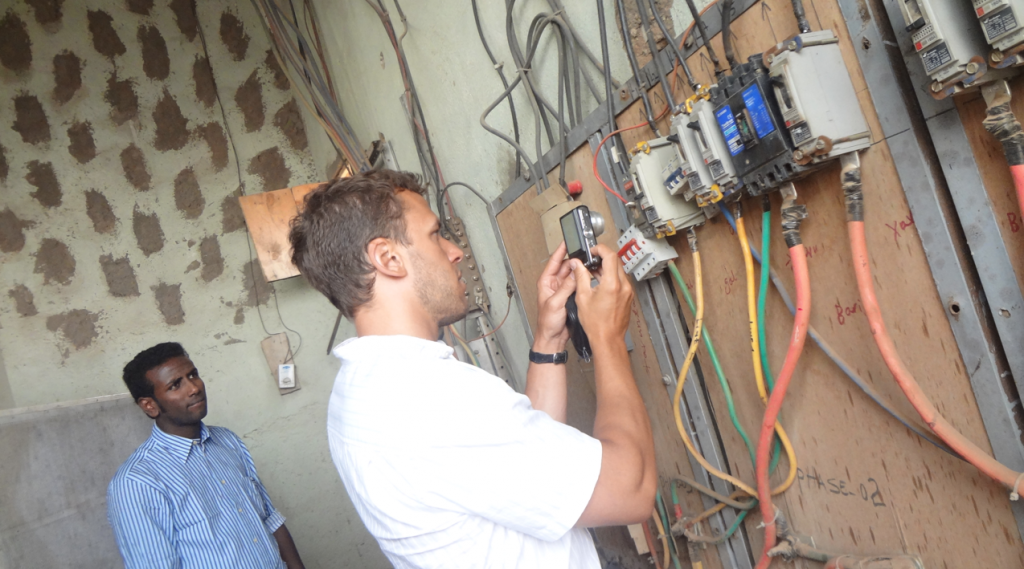It’s one thing to talk about energizing the U.S. economy, it’s another to walk the talk. America’s oil and natural gas industry is doing that, with four companies ranked in the top 10 of the Progressive Policy Institute’s list of leaders in U.S. capital spending in 2013. PPI’s top 25: As you can see, ExxonMobil ($11.07 billion),… Keep reading →
Development
Sign up and get Breaking Energy news in your inbox.
We will never sell or share your information without your consent. See our privacy policy.Energy infrastructure is inconsistently distributed worldwide. As a result, much of the global population is without access to affordable electricity. This issue has been at the forefront of discussions surrounding energy, development, and social justice. President Obama started the Power Africa initiative last year and the UN continues to promote the Sustainable Energy for All campaign.… Keep reading →
Senate Approves Transboundary Hydrocarbons Agreement Bill
By Energy Solutions ForumThe Senate has unanimously approved a bill to implement the U.S.-Mexico Transboundary Hydrocarbons Agreement aimed to facilitate offshore drilling cooperation in the Gulf of Mexico. On October 12, 2013, the Senate unanimously approved S. 812 to authorize the Secretary of the Interior to implement the 2012 U.S.-Mexico Transboundary Hydrocarbons Agreement. The agreement establishes a legal… Keep reading →

Both developing and developed countries are gathered in Durban, South Africa this week for the the United Nations international convention on climate change mitigation. But the tension is clear: developing countries, whose infrastructure is in many cases still severely lacking, face vastly different problems than developed countries.
On Monday, during the second week of UN Climate Change Conference 2011, the World Bank along with four other international development banks announced a climate change partnership in which they would develop a common approach to assessing the climate risk of cities, greenhouse gas emissions and appropriate measures for mitigation, in the process of international development. Keep reading →



